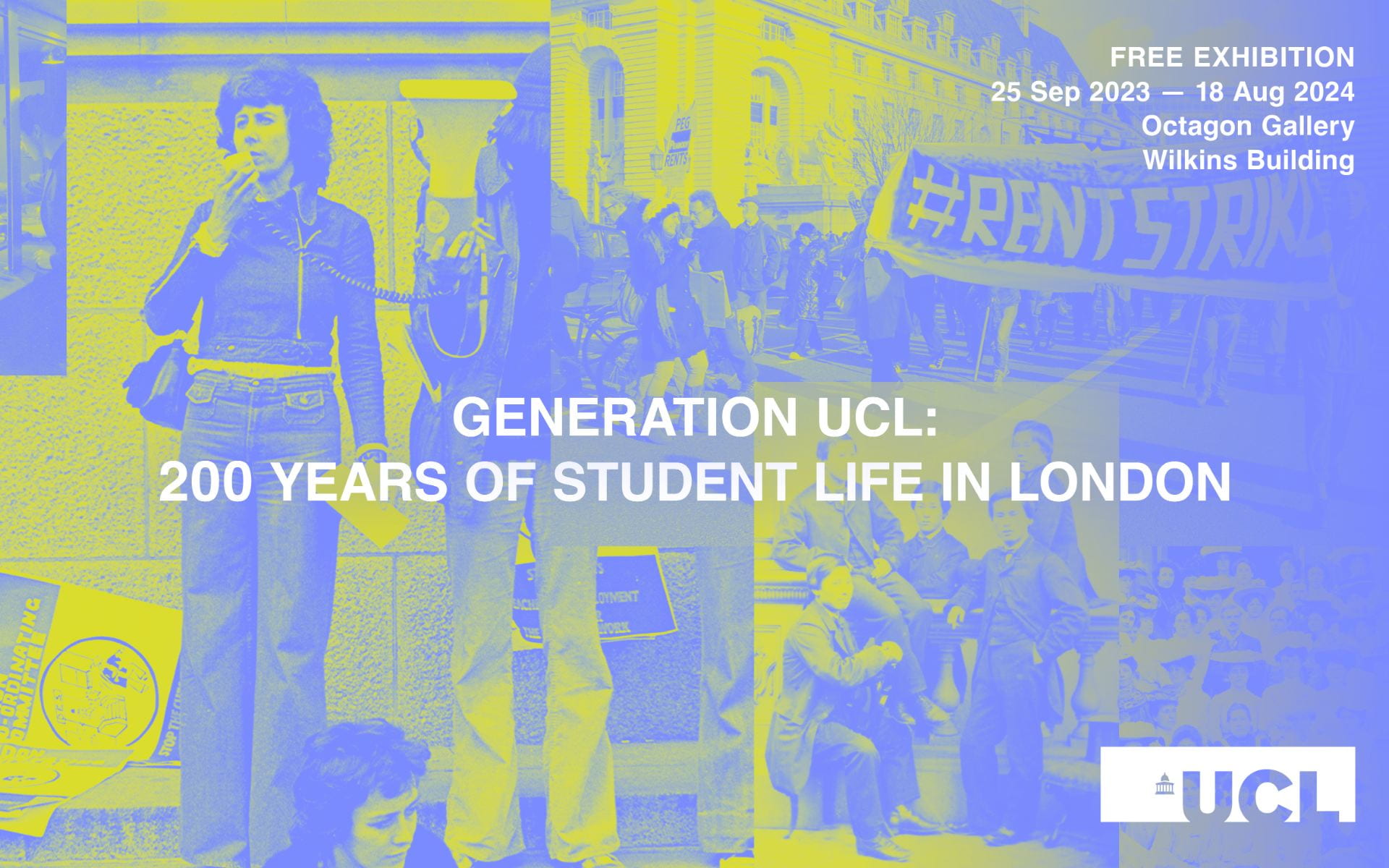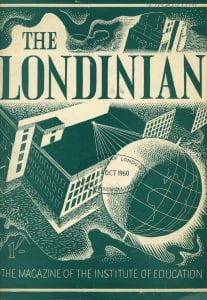Events
Contents
A Victorian Feminist in Bloomsbury
Jane Martin in conversation with Melissa Benn
6pm, Thursday 21st March 2024, Room 728, 20 Bedford Way, London
Free and open to all but booking is required, sign up here.
International Centre for Historical Research in Education 10th Summer Conference
20 June 2024
The International Centre for Historical Research in Education (ICHRE) at IOE will mark its 10th anniversary in 2024 with a free annual summer conference, held at 20 Bedford Way on Thursday 20 June 2024. The overall theme in keeping with the anniversary is ‘Ten years in the history of education’ – intended to provide opportunities to focus on ten-year periods of educational and social change in any historical context.
If you would like to contribute a short paper on the theme of the conference, please send a short title and abstract of up to 200 words with your full details and email address to Professor Gary McCulloch at g.mcculloch@ucl.ac.uk (email headed ‘2024 ichre conference – paper proposal’) by 28 March 2024 and we will confirm whether we can include it in the programme by 15 April.
We are very pleased to announce also that Professor William J. Reese of University of Wisconsin-Madison has kindly agreed to present a special ‘Aldrich Lecture’, in memory of the late Professor Richard Aldrich.
Generation UCL Exhibition, open until 8 December 2024

‘There is no university without its students.’
This is the concept at the heart of a new exhibition, ‘Generation UCL: 200 Years of Student Life in London’, which opens in UCL’s Octagon Gallery this week. The exhibition portrays students as foundational to the story of UCL, exploring their experiences over time and reassessing students’ impact on UCL’s almost 200-year history.
The exhibition also explores the formation of Students’ Union UCL, now one of the largest student-led organisations in the world. UCL students played important roles in building a wider student movement in Britain, helping found organisations including the National Union of Students, the West African Students’ Union and the Central Union of Chinese Students.
UCL’s President and Provost Dr Michael Spence said: “This important exhibition marks the start of UCL’s countdown to our 200th birthday in 2026. It offers new insights into our diverse and lively community of students over time, exploring how they have made a home with us over 200 years. Opening just as UCL is named The Times and Sunday Times ‘University of the Year’ and as we launch a new campus on Queen Elizabeth Olympic Park in east London, the exhibition offers inspiration from our extraordinary past to help shape our future.”
Curated by Professor Georgina Brewis and Dr Sam Blaxland (both IOE, UCL’s Faculty of Education and Society) alongside Leah Johnston and Colin Penman (UCL Special Collections), the exhibition includes many items from UCL collections and alumni loans or donations that have never been displayed before. The exhibition forms part of a wider research and engagement project, Generation UCL, that looks to turn institutional history upside down and present the first students as the real ‘founders’ of UCL.
Professor Georgina Brewis, Director of the Generation UCL project and lead curator of the exhibition, said: “As London’s first university, students at UCL invented what it was like to be a student in the capital and we’ve worked hard to represent the diversity of student life over two centuries. The exhibition showcases UCL’s rich collections of archive material and objects covering student life, including new acquisitions of clothing, memorabilia and scrapbooks loaned or donated by alumni. This allows us to spotlight individual stories whilst also exploring the collective activities of students over time.”
The exhibition also features recorded accounts from alumni reflecting on key moments during their time at UCL, including the separate spaces for men and women on campus in the 1880s, the experience of studying at UCL after the Second World War, and the founding of the UK’s first GaySoc in 1972. Visitors are invited to contribute to this growing oral history archive by sharing their memories of their time at UCL and life after graduation.
The exhibition encourages visitors to think critically about UCL’s history in the run-up to its bicentenary in 2026 and the key role played by students in that remarkable story.
‘Generation UCL: 200 Years of Student Life in London’ is now open in the UCL Octagon Gallery and will run until 18 August 2024.
Links:
- Exhibition page
- Exhibition project page
- Students’ Union UCL
- Generation UCL project page
- Alumni interest form
- Professor Georgina Brewis’ academic profile
- Dr Sam Blaxland’s academic profile
- IOE UCL’s Faculty of Education and Society
 Close
Close



